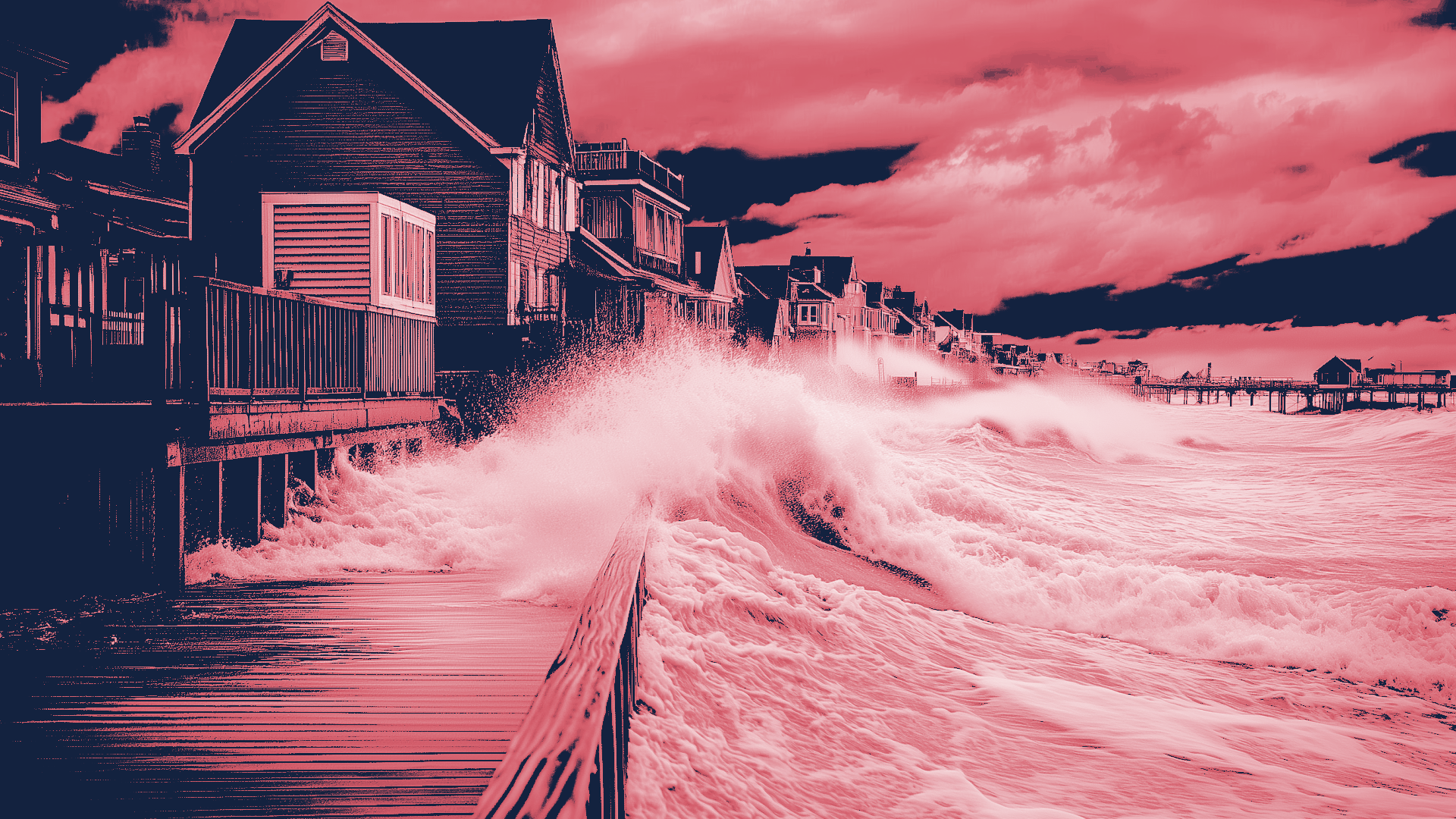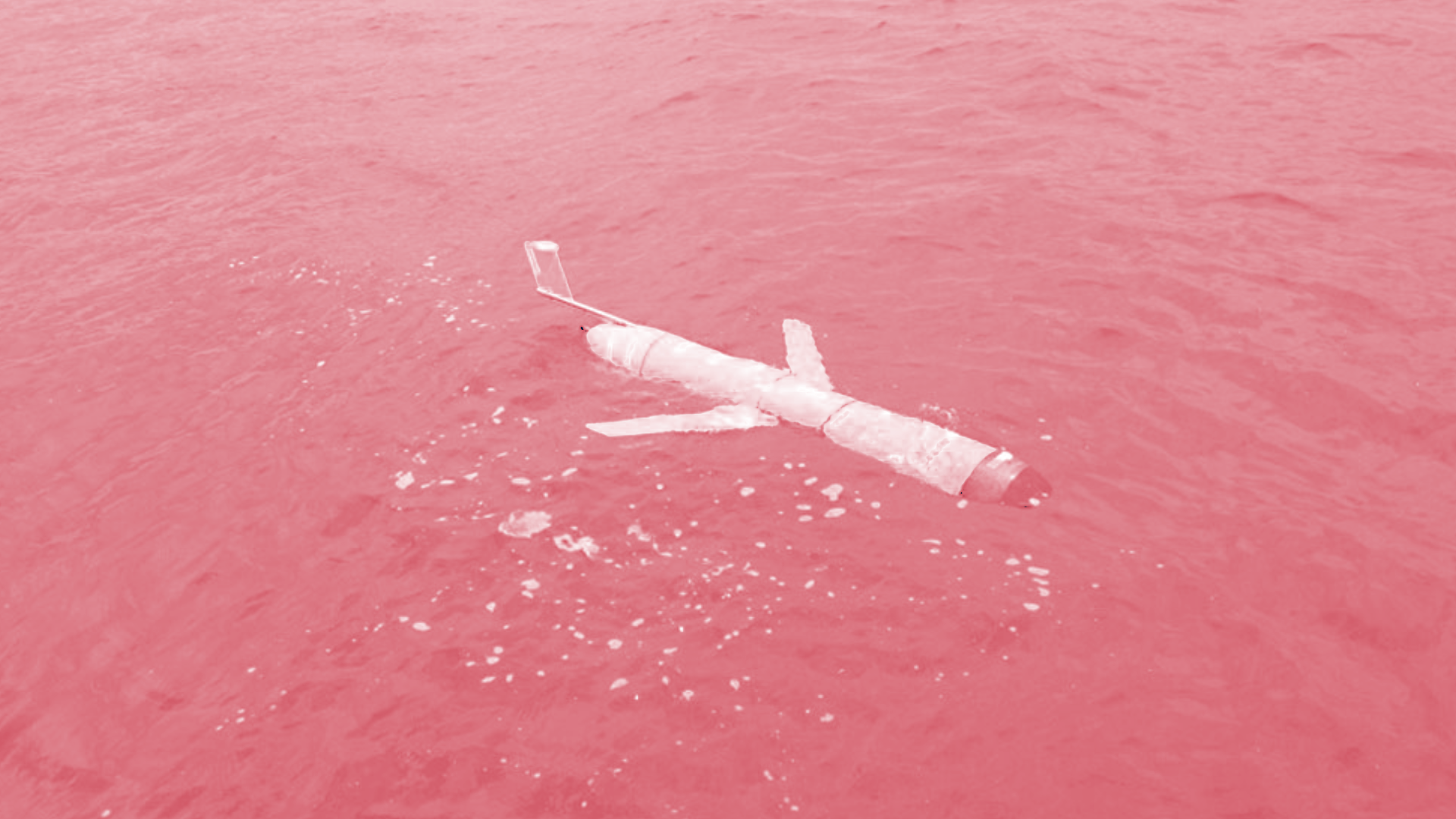
Our changing oceans also impact fisheries and make it more difficult to earn a living from the sea. Our researchers are advancing ocean monitoring and modeling to improve fisheries management, protect water quality, support coastal economies, and keep communities safe.
Storm surge is challenging to predict accurately and requires simulating ocean and atmospheric conditions, which can be computationally expensive and slow. NSF NCAR scientists are experimenting with using artificial intelligence to help provide accurate and quick forecasts with far fewer computing resources.
NSF NCAR scientists are adding capabilities to their Earth system model that allow them to understand better how changing ocean patterns affect fisheries, paving the way for more effective fisheries management.
UCP’s Center for Ocean Leadership (COL) supports the Integrated Ocean Observing System (IOOS), America’s ocean monitoring network that coordinates data collection on ocean conditions like temperature, currents, and harmful algal blooms. This real-time information helps a range of groups make better decisions—from beachgoers checking water quality to rescue teams tracking currents and from fishermen planning trips to shipping companies plotting routes.
UCP’s COL also helps coordinate the use of underwater gliders. These autonomous vehicles collect data critical to hurricane forecasts, impacts on fisheries, and water quality, directly supporting both food and national security.
